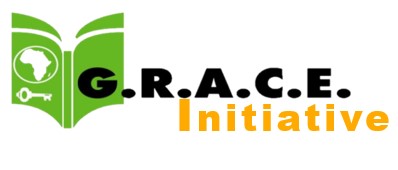Health At Schools
Health Services: A student who is not healthy cannot profit optimally from the educational process. Schools can be one of the primary sites through which children and youth learn about the factors that influence their health. The health and well-being of children is a fundamental value of society.
Health Education and Services
Barriers that the GRACE initiative is addressing in health include:
◊ Sexual and reproductive health issues
◊ Gender Based Violence
◊ Malnutrition
◊ Water, Sanitation, and Hygiene (WASH)
◊ Basic Healthcare
Water, Sanitation, and Hygiene (WASH) Program
Each child has a right to quality education which includes safe drinking water, Sanitation, and Hygiene services and focuses on the standards for promoting a clean and safe school environment.
We have improved WASH in primary schools by providing 10 hand washing stations in the schools and training over 3000 learners on best hand washing, latrine use, and hygiene practices.
Menstrual Hygiene Management (MHM)
We aim to end period poverty by addressing menstrual hygiene barriers. We have done this by providing sanitary towels to adolescent girls and offering health education on MHM to them. In 2022 we distributed 1576 dignity kits for both girls and boys while in 2023 we distributed 350 reusable sanitary towels to adolescent girls.
Health Education

Over 3000 learners and teachers have been educated on First Aid skills, WASH, nutrition, sexual reproductive health (SRH), gender-based violence (GBV), and communicable diseases prevention and management. 10 first aid kits and hand washing stations have been distributed to beneficiary schools. Through these talks, we have been able to address some of the health challenges the learners go through.
Gender Based Violence (GBV).

